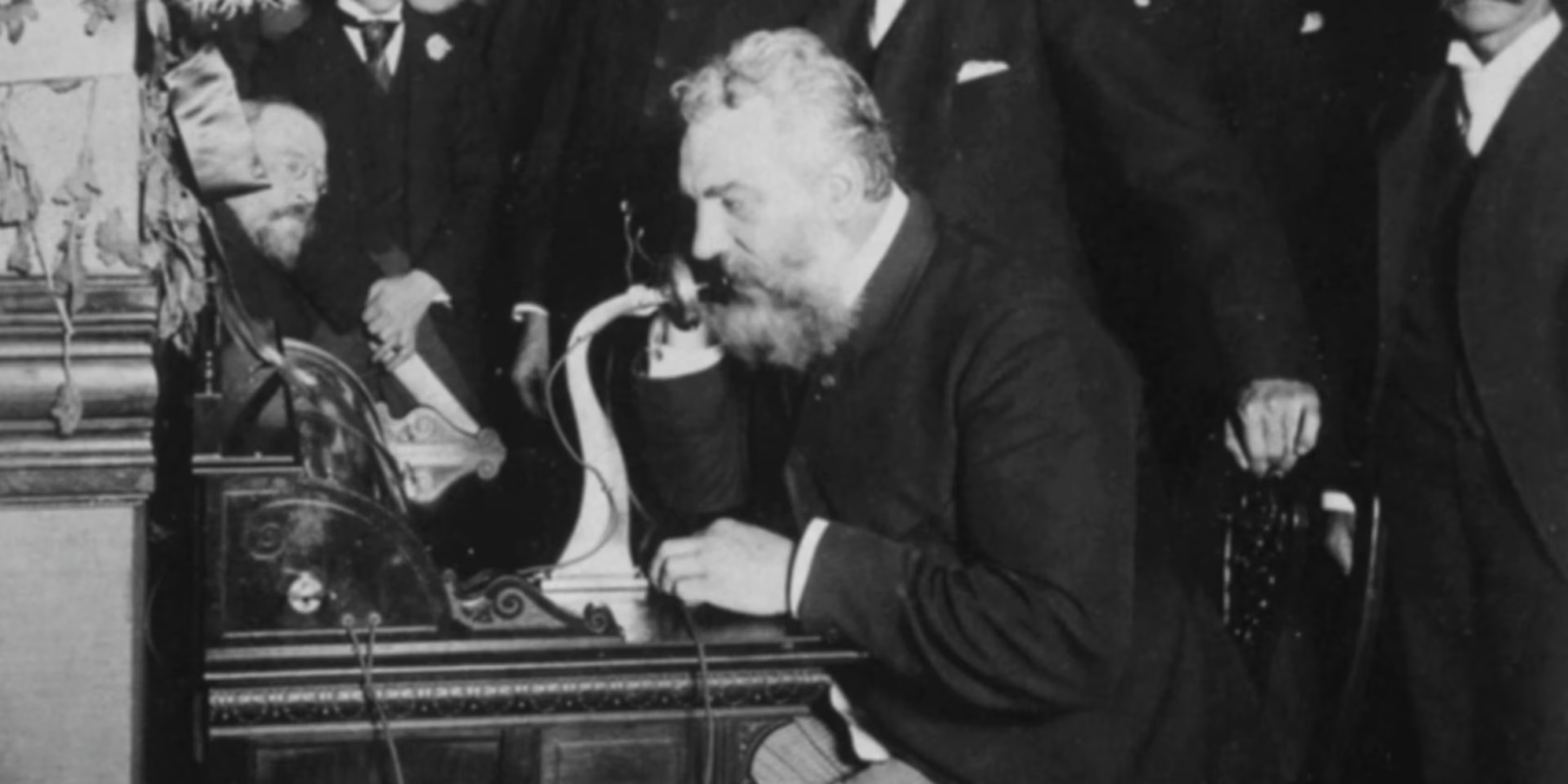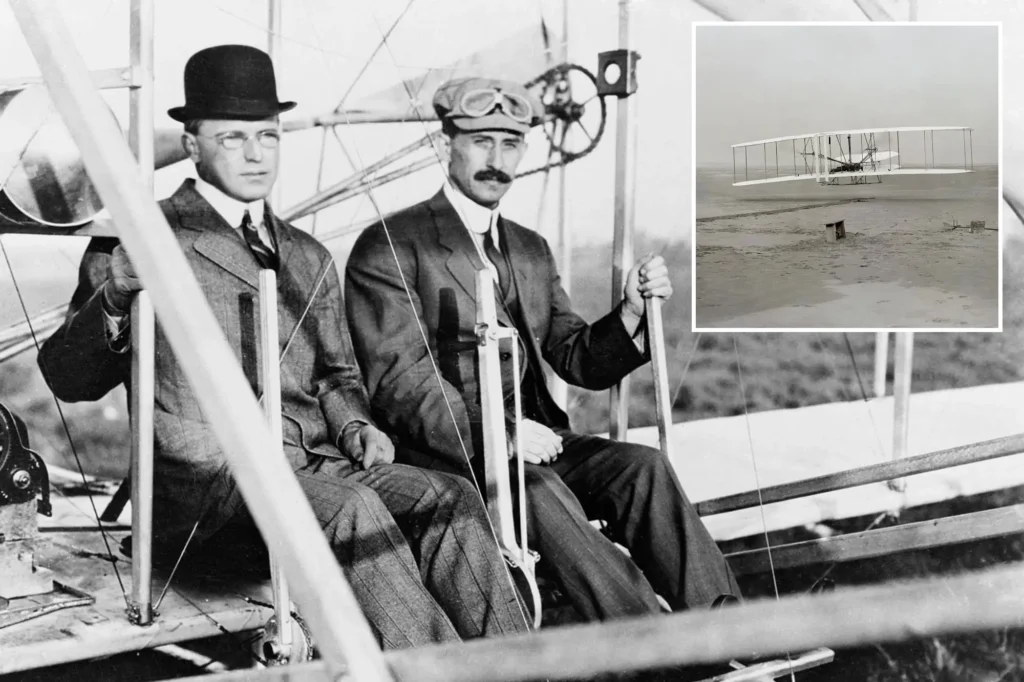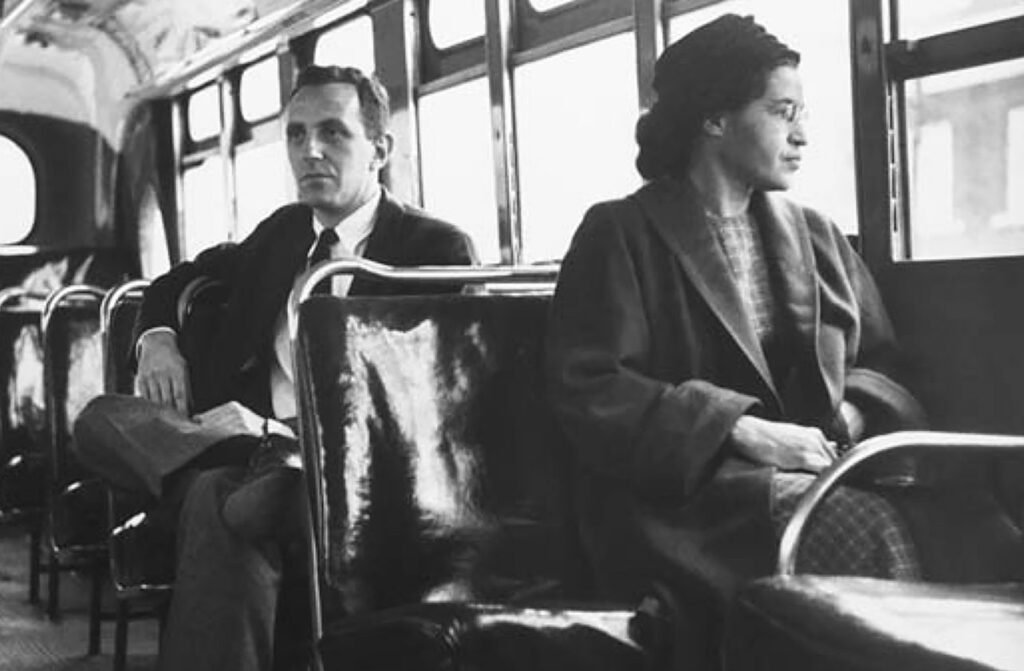Introduction

Caption: “History unfolds every day—get ready for today’s journey through time.”
Every day holds a tapestry of moments that have shaped our world. From groundbreaking scientific discoveries to defining moments of courage, anniversaries may pass quietly—but they’re worth remembering. In this weekly “Quick Read” feature, DailyReport brings you a curated look at today’s date in history, spotlighting events that resonate profoundly with present-day themes. Whether we’re diving into stories of perseverance, innovation, or social justice, we’ll explore how past events connect with modern-day headlines and trigger fresh relevance.
Join us on this time-traveling journey—see how history’s echoes still resonate, inspiring, cautioning, or shaping our own paths forward.
The Day the Telephone Rang (First Successful Call – 1876)

On this date in March 10, 1876, Alexander Graham Bell made history by uttering the world’s first intelligible telephone words: “Mr. Watson—come here—I want to see you.” This simple phrase ushered in a new era of instantaneous voice communication, shrinking distances and paving the way for today’s digital networks.
A Spark of Brilliance
Bell’s invention wasn’t a sudden flash—it was built on years of experimentation with sound transmission and vocal anatomy. His prototypes evolved from liquid transmitters to electromagnetic devices that converted sound to electrical signals.
Ripples Through Time
Today’s video calls, wireless connections, and smartphones all trace back to Bell’s vision. We owe our ability to instantly connect around the globe to that moment in his Boston workshop.
Today’s Touch Point
As you check messages, text family, or dial for help, remember: in 1876, a simple “Mr. Watson…” transformed human connection forever.
A Step Beyond: The First Powered Flight (1903)

On December 17, 1903, Orville Wright piloted the first powered flight at Kitty Hawk, North Carolina. Though the flight lasted only 12 seconds and covered 120 feet, it laid the groundwork for aviation as we know it.
Breaking Boundaries
The Wright brothers had experimented with gliders before powering their 12-hp engine lift machine. The breakthrough? Engineering control systems for pitch, yaw, and roll—something earlier attempts lacked.
The World Takes Off
Within decades, aviation would revolutionize global travel, commerce, warfare, and culture. Across continents now in hours, the world became smaller and interconnected.
Present-Day Connection
From your overseas flight ticket to the medical supply drones overhead, every airborne journey reflects the Wrights’ audacious leap.
A Call for Equality: Rosa Parks Refuses to Move (1955)

On December 1, 1955, in Montgomery, Alabama, a seamstress named Rosa Parks quietly rejected a white passenger’s request to vacate her seat. Her simple refusal ignited the Montgomery Bus Boycott—a 381‑day campaign that escalated into a national rally for civil rights.
A Moment of Defiance
Already an experienced activist, Parks’ resistance wasn’t a spontaneous act—it was strategic. The boycott, led by Dr. Martin Luther King Jr., propelled the civil rights movement forward by harnessing economic power and moral clarity.
Legacy of Progress
The boycott ended successfully in December 1956 with the U.S. Supreme Court ruling bus segregation unconstitutional. But its true power lay in what followed—mass mobilization, national awareness, and landmark legislation like the Civil Rights Act of 1964.
Relevance Today
As movements for justice and equity continue worldwide, we’re reminded that one person’s quiet courage can catalyze global change.
The Birth of the World Wide Web (1989)

On March 12, 1989, computer scientist Tim Berners-Lee proposed an ambitious system enabling computers to share and link information. This proposal became the foundation of the World Wide Web, revolutionizing how we access knowledge — and each other.
The Physics of Linking
Berners-Lee introduced three core technologies: URLs (web addresses), HTTP (communications protocol), and HTML (markup language). This triad effectively transformed a global information desert into an interactive web.
The Web Explodes
Within two years, the first browser brought text, graphics, and hyperlinks into ordinary homes and offices. Today, billions login daily—from remote learning to telehealth, endless video streams to online marketplaces.
Today’s Connection
Every online search, social media scroll, and digital transaction ties back to that in-room lightbulb moment in 1989.
Nuclear Overhaul: The Partial Test Ban Treaty (1963)

On August 5, 1963, the United States, United Kingdom, and Soviet Union signed the Partial Test Ban Treaty (PTBT), halting nuclear tests in the atmosphere, underwater, and in space. This marked a crucial step toward arms control and environmental safety.
Why It Mattered
Atmospheric testing hurled radiation into the air, harming health and ecosystems. The PTBT restored hope, outlining the path toward the later Comprehensive Test Ban Treaty (CTBT) while redefining Cold War dynamics.
Global Ripple Effects
Today there are no known atmospheric nuclear tests since PTBT. The treaty further emboldened non-proliferation efforts and laid groundwork for ongoing nuclear security.
Contemporary Importance
With renewed concern around nuclear tensions, revisiting the PTBT reminds us how diplomacy and science can limit existential threats.
Connecting the Past with Today
These historical milestones show how innovation, courage, and diplomacy overcame limits—just as today’s headlines challenge our present. As climate summits, digital movements, and social justice campaigns dominate our feeds, remembering history can guide us.
- Communication & community: Bell’s phone to Twitter’s global chats.
- Innovation: Kitty Hawk to space tourism.
- Equality: Parks’s bus to new waves of activism.
- Information sharing: Berners-Lee to AI-era knowledge.
- Arms control: PTBT to ongoing nuclear dialogues.
How These Stories Still Matter Today
Looking at the past through today’s lens:
- Bell’s call informs urgency in bridging digital divides.
- Wright’s flight reminds us of progress—even baby steps matter.
- Parks’s defiance teaches that justice begins when we speak—or sit—quietly.
- Web’s origin underscores open access to information.
- PTBT’s legacy warns how treaties still matter in safeguarding our future.
What You Can Do
Inspired by these milestones? Here’s how to act:
- Communicate courageously—speak out, amplify awareness.
- Champion innovation—support equitable access to technology, green energy, or inclusive platforms.
- Promote peaceful progress—vote for voices prioritizing justice, environment, and human rights.

Final Thoughts
Every day in history teaches us something. Today’s feature shows that ordinary people and ideas can spark world change. As DailyReport, our mission is to celebrate these events—not only in remembrance but as callings for our own time.
